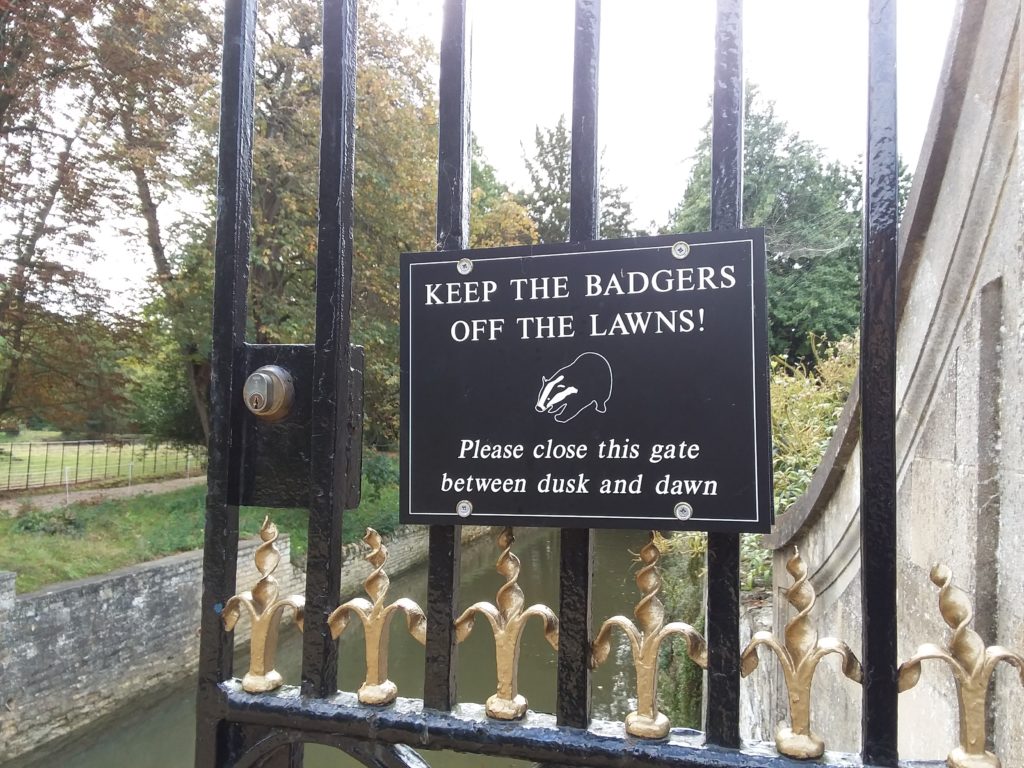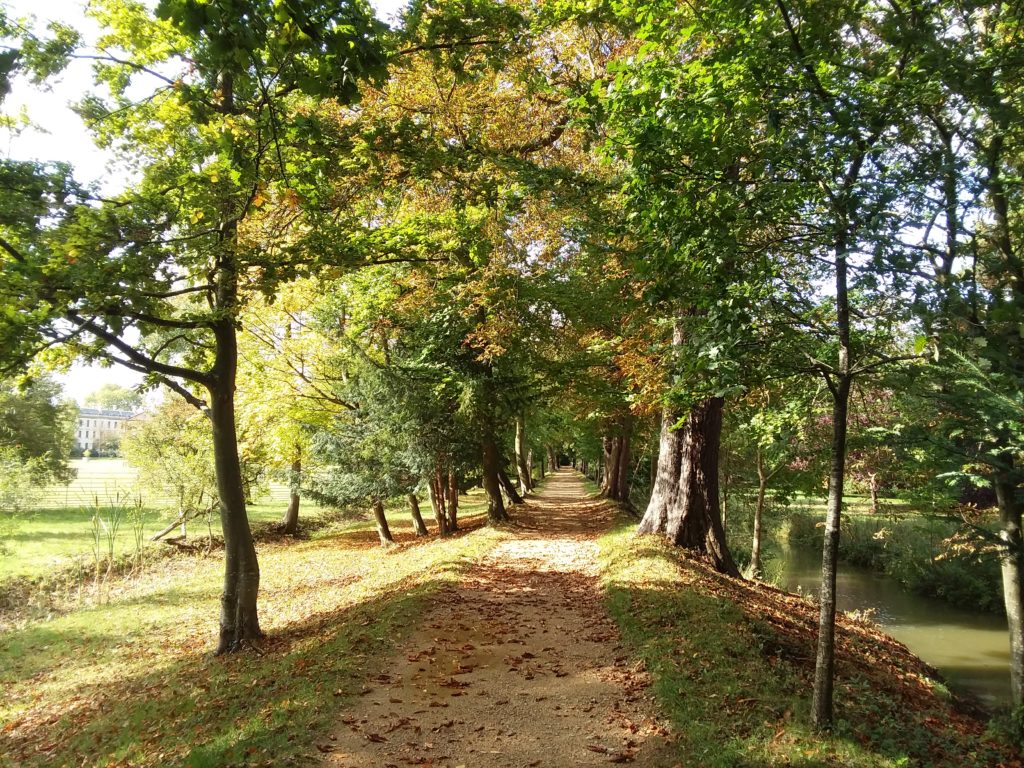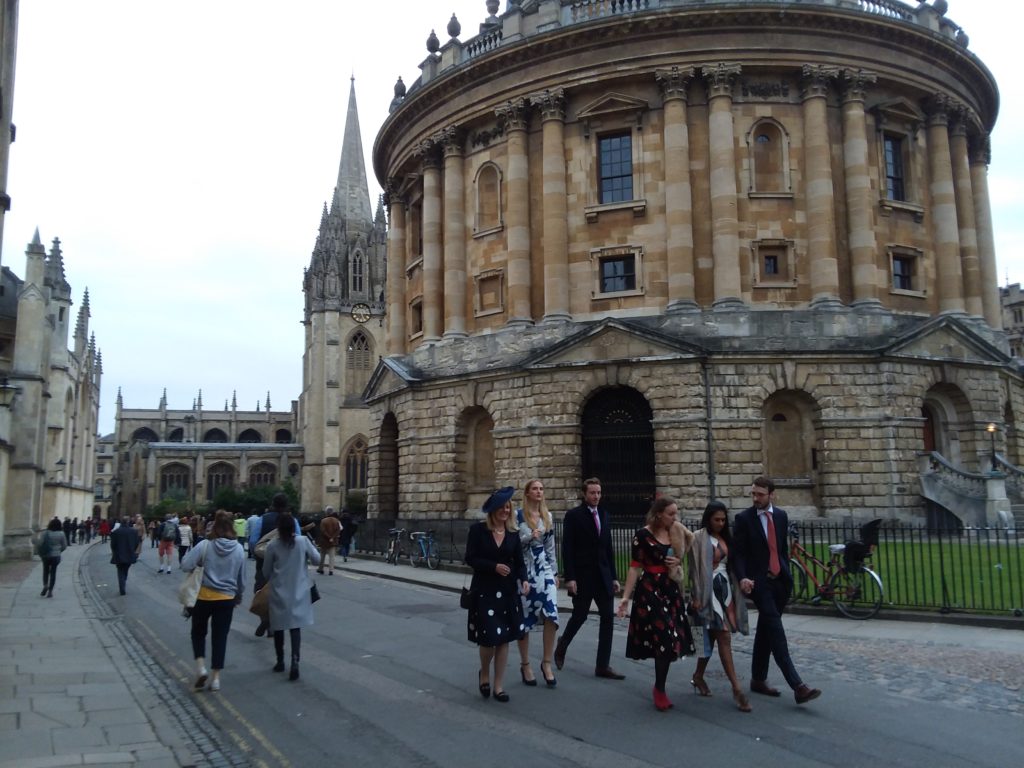Early in October I made my long awaited trip across the Atlantic. After a year and a half of an international travel ban, international uncertainty, and international levels of mooching about the house, things moved very quickly.
The gears of the US immigration system had finally started turning again and I entered the US under a National Interest Exemption (which was far less glamorous than it sounds). A month later and the floodgates were open to all the suitably vaccinated from the UK/Europe.
Now I’m married and in the process of settling down and making this place my home. It came as something of a relief to discover that while the waiting times have grown on processing paperwork in every other state institution, I was able to get hold of both a library card and marriage license in under a week. It was in the library that I recently discovered the local newspaper, which did not disappoint.

I will miss walking along the bit of the river Thames that passed us by in Oxford. I certainly was not getting the full Magdalen college experience I thought I was signing up for when I took the position. The bicycling between the department and college for lunch, an occasional boozy high table dinner, and department seminars felt like a very brief and distant chapter in my life. I still get chapel updates in my email inbox (and you can watch recordings of Evensong on their Youtube channel).
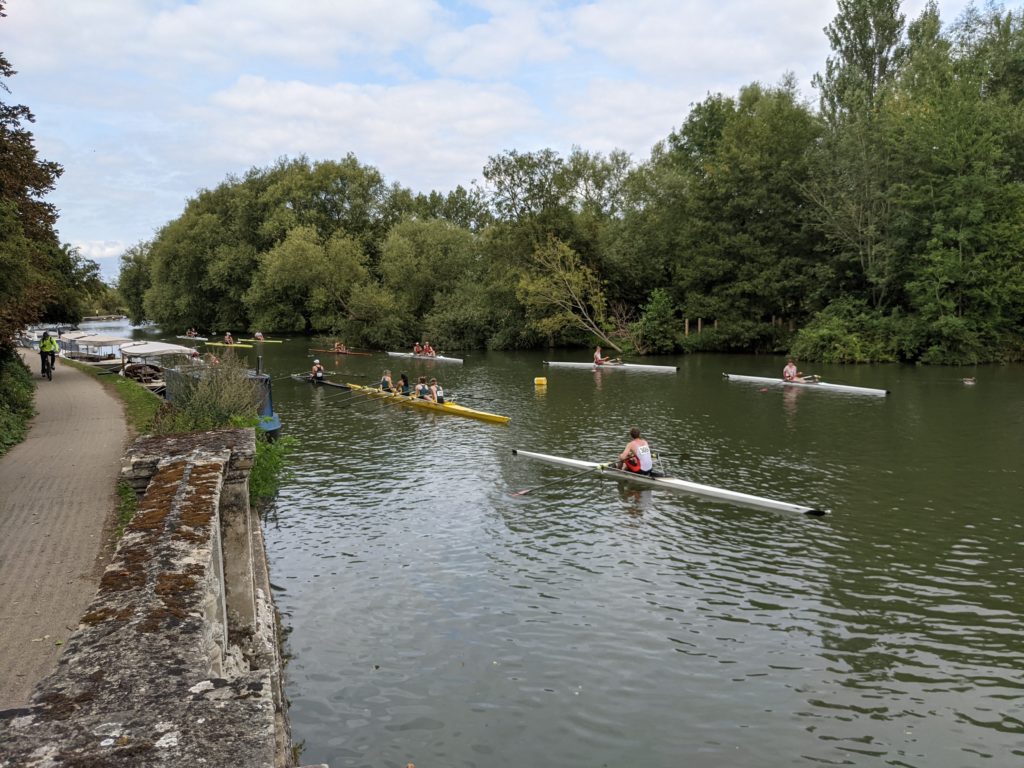
I’ve taken up the role of a rather callow would-be Tocqueville trying my best to make my observations about this America we’ve all heard so very much about. There is plenty to go at here in New England; there are so many little details that seem to separate the place from anything you might expect to encounter in Europe. There is the huge main road that cuts right through the middle of town that rivals the Champs-Élysées in breadth, but not in French-i-ness. There is the habit of sidewalks to be pulled away, out from beneath your feet, in certain neighborhoods; a feature of what I understand to be a sacred part of each American’s autonomy to decide things for themselves. I stared at one gas-station for a while trying to work out why it seemed so singularly a New England gas-station, and I finally settled on the Doric columns that framed the windows.
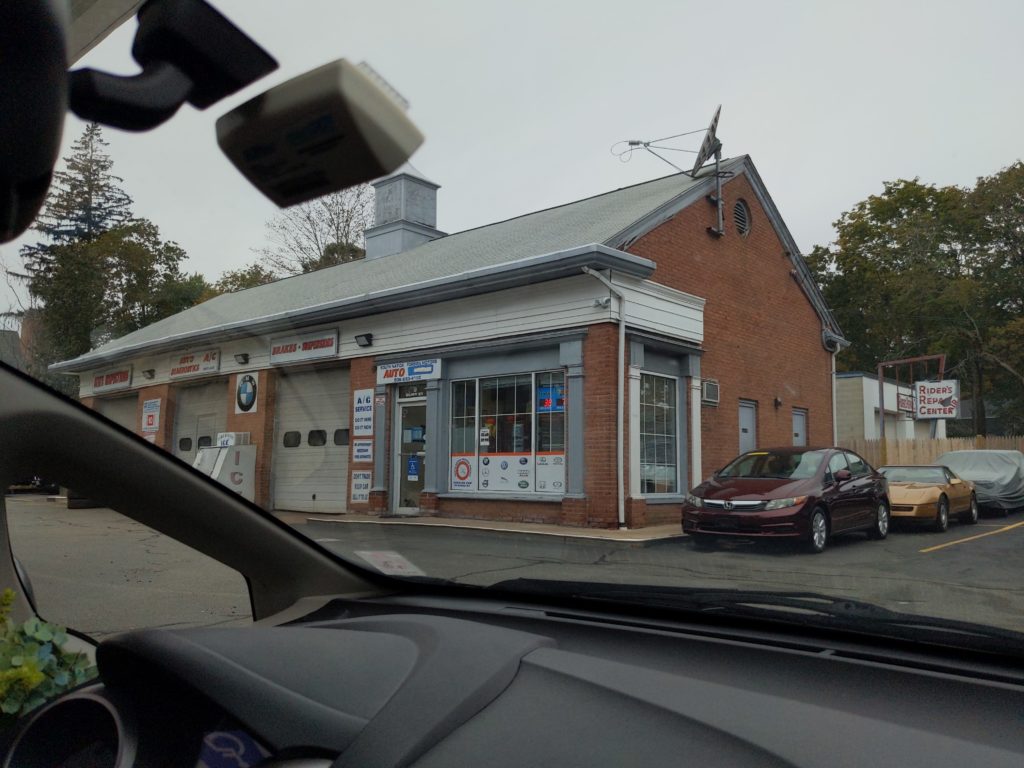
While the fall colours blossom in their red, yellows, and gold, the commercial store-fronts and advertisements struck me as strangely washed out. I only half believed my senses until we drove past an Aldi, and its colours leaped out at me as if they had imported high saturation colour along with their own German brand of discount supermarket experience.
I really did feel stuck in Oxford for the past year and a half. There was plenty of mathematics that I managed to get done that I was very pleased with (this paper with Sam, and this more recent article), but it really wasn’t where I wanted to be when the music stopped.
I won’t say that this was a coping mechanism for dealing with the circumstances, but there were times when I was very happy to fall down certain Youtube rabbit holes. Nothing political, extreme, or conspiratorial (although I understand these have been very popular), but certainly nerdy. My personal favorite was discovering the community of youtubers dedicated to the pursuit of constructing elaborately complicated model kits for giant Japanese Gundam battle suits. I’ve never watched the associated anime television series, nor tried constructing any of these kits myself, but giant robots need little explanation. I found something both soothing an compelling about watching these particular videos, on double playback speed (so I didn’t actually have to sit through the full twenty minutes).
There is an almost medical degree of precision committed to these builds, and plenty of nerdy tools and technique brought to bear. You’d think they were putting together a satellite in a clean room. Added to the constructions themselves is the video production itself, with all the camera’s, lenses, microphones, editing, and really every video is the product of two distinct headaches. Thinking about it harshes the mellow though, so I wouldn’t dwell on it.
With the level of unnecessary detail on these model robots, I was reminded of the lavishly illustrated Dorling Kindersley “look inside” books I would get as a Christmas present when I was growing up. These huge hard backed coffee-table-books-for-kids offered interior cross sections of Man-of-Wars, 747s, and the space shuttle. And in one notable series, the interiors of the vehicles from the Star Wars universe. That a fictional universe should be given the same attention as the real one didn’t bother the younger me in the least. For an eight year old the Star Wars universe was a far more immediately accessible and vivid world. To an adult the books look like and elaborate joke, but to a kid they were as serious as Star Wars itself.

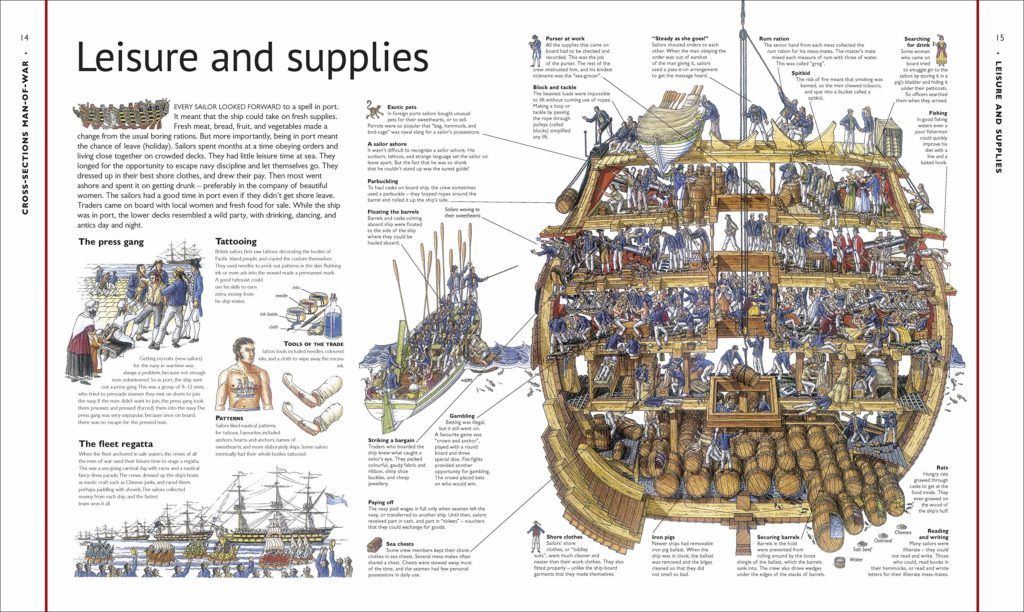
I am telling myself that it must be a sign of deep maturity on my part that I look at the two above images and feel more of an urge to read some Patrick O’Brian rather than watch The Mandalorian.
